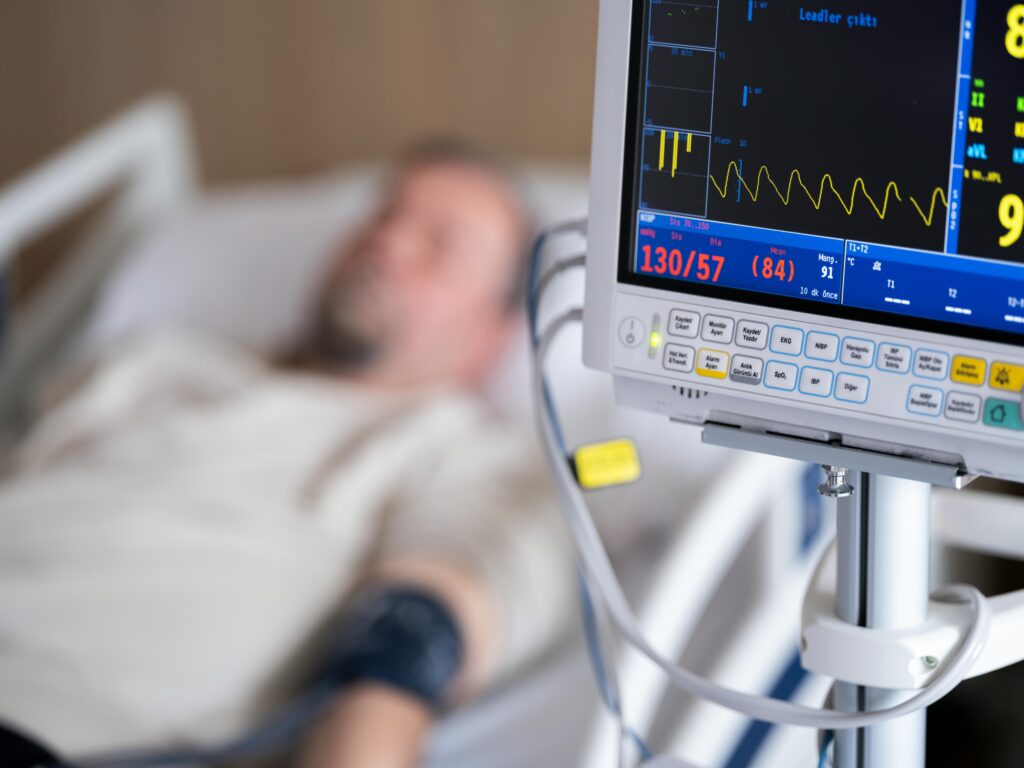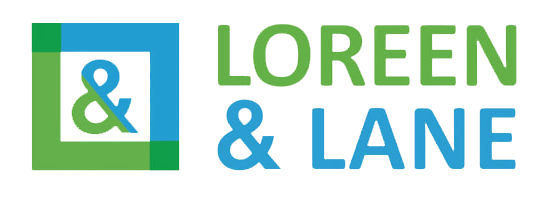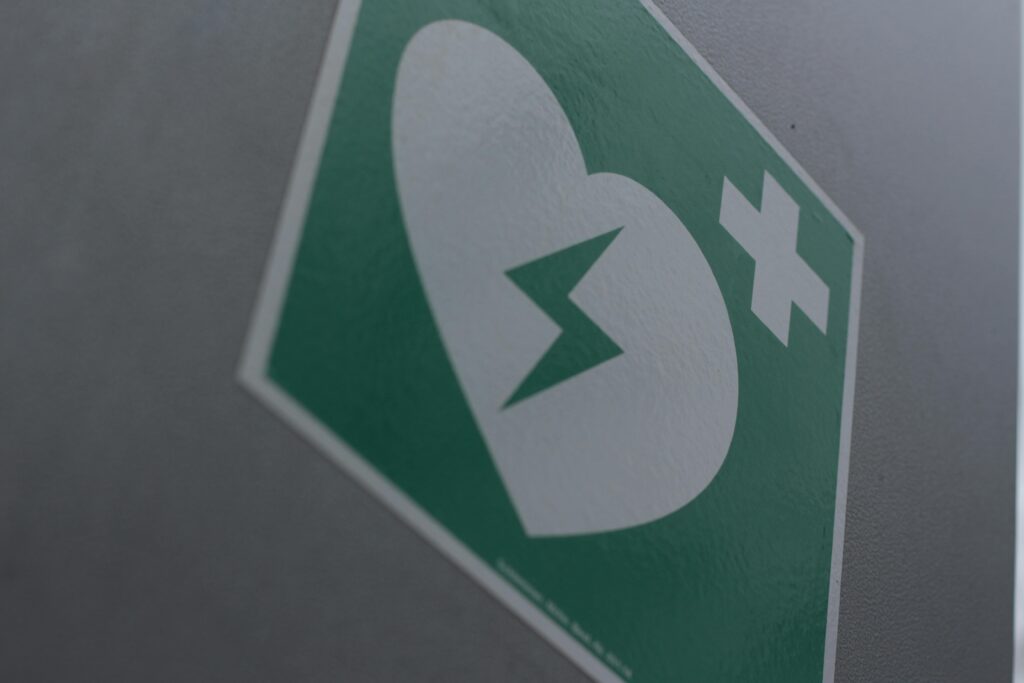Heart attacks, also known as myocardial infarctions, are one of the leading causes of death worldwide. They occur when there is a blockage in the coronary arteries, which supply blood to the heart muscle. Recognizing the early signs of a heart attack can be crucial in seeking prompt medical attention and potentially saving a life. In this article, we will explore the early symptoms of a heart attack, risk factors, and what to do if you or someone you know is experiencing these symptoms.
What is a Heart Attack?
A heart attack occurs when the blood flow to a part of the heart is blocked for a long enough time that part of the heart muscle is damaged or dies. This is typically caused by a buildup of plaque in the coronary arteries, which can rupture and form a blood clot that blocks the flow of blood.
Symptoms of a Heart Attack
The symptoms of a heart attack can vary from person to person, and they may not always be severe or obvious. However, it’s important to recognize the early signs, which can include:
- Chest pain or discomfort: This is the most common symptom of a heart attack. It may feel like pressure, tightness, fullness, or pain in the center or left side of the chest. The discomfort may last for a few minutes or come and go.
- Upper body pain: Pain or discomfort may also be felt in one or both arms, the back, neck, jaw, or stomach.
- Shortness of breath: You may experience difficulty breathing, which can occur with or without chest discomfort.
- Nausea, indigestion, or stomach pain: Some people may experience these symptoms as their only signs of a heart attack.
- Cold sweat, lightheadedness, or dizziness: These symptoms can occur suddenly and may be accompanied by chest discomfort.
Risk Factors for Heart Attack
Several factors can increase your risk of having a heart attack. These include:
- Age: The risk of heart attack increases with age.
- Gender: Men are more likely to have a heart attack than women, but the risk for women increases after menopause.
- Family history: If you have a family history of heart disease, you may be at a higher risk.
- Smoking: Smoking damages blood vessels and can increase the buildup of plaque in the arteries.
- High blood pressure, high cholesterol, and diabetes: These conditions can increase your risk of heart attack.
What to Do If You Suspect a Heart Attack
If you or someone you know is experiencing symptoms of a heart attack, it’s important to seek medical help immediately. Call emergency services and describe the symptoms. Do not drive yourself to the hospital unless there is no other option.
While waiting for help to arrive, chew and swallow an aspirin (unless you are allergic) to help prevent blood clotting. If the person is unconscious, perform CPR if you are trained to do so.

Conclusion
Recognizing the early signs of a heart attack can be lifesaving. Chest pain, upper body pain, shortness of breath, nausea, indigestion, and cold sweats are all symptoms that should not be ignored. Knowing your risk factors and seeking medical help immediately can improve your chances of surviving a heart attack.
If you or a loved one are considering retirement options, Retirement Answer Team is here to help. Our experienced agents can assist you in finding a plan that suits your needs and lifestyle. Don’t hesitate to reach out with any questions or concerns – we’re here to guide you every step of the way.
FAQs
- Q: Can a heart attack occur without chest pain? A: Yes, some people may experience other symptoms such as shortness of breath, nausea, or upper body pain without chest discomfort.
- Q: What is the difference between a heart attack and cardiac arrest? A: A heart attack occurs when blood flow to the heart is blocked, while cardiac arrest is when the heart suddenly stops beating.
- Q: How can I reduce my risk of having a heart attack? A: You can reduce your risk by maintaining a healthy lifestyle, including regular exercise, a balanced diet, not smoking, and managing conditions like high blood pressure and diabetes.
- Q: Can stress cause a heart attack? A: While stress alone is not a direct cause of heart attacks, it can contribute to the development of other risk factors such as high blood pressure and unhealthy coping behaviors like smoking or overeating.
- Q: What should I do if I am at high risk of having a heart attack? A: If you are at high risk, it’s important to work closely with your healthcare provider to manage your risk factors and follow their recommendations for screenings and lifestyle changes.

